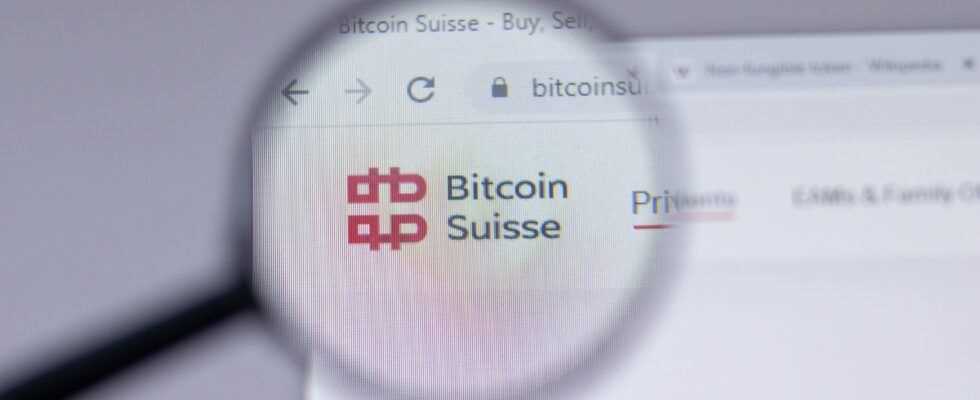Bitcoin Suisse allows its customers to process payments through the Bitcoin Lightning network from November 10th today.
The one located in Zug Financial company Bitcoin Suisse is the first bank in Switzerland to include payments via the Lighning network in its service portfolio. According to a press release available to BTC-ECHO, the bank would like to advance as a pioneer in the crypto area. The Bitcoin Lightning Network is a second-layer solution on the Bitcoin blockchain that uses smart contracts. As a result, users avoid high fees and can process transactions in milliseconds.
Armin Schmid, Head of Bitcoin Suisse Pay, explained that transactions through the Lightning network would enable “a higher transaction volume per second at the price of a fraction of a cent”. He also describes the technology as a “groundbreaking innovation for crypto applications”. Ultimately, this could “play a decisive role in the scaling of crypto applications and promote their transition to a mainstream application”, according to Schmid.
Bitcoin Lightning for the mainstream
In order to enable lightning-fast payments with Bitcoin, the Swiss bank is cooperating with the largest digital payment service provider in Europe: Worldline. Through the partnership, Bitcoin Suisse aims to become the frontrunner in terms of crypto payment processing. According to this, Worldline, as the fourth-placed transaction service provider worldwide, already has access to around 5.6 billion card transactions per year.
Sascha Münger, Product Manager Worldline Crypto Payments, describes the new cooperation as a “logical step towards our common vision of making the acceptance of crypto currencies more easily accessible to a wider audience”. However, this should not be done at any cost. The payment service provider does not want to lose sight of the question of sustainability. In addition, Münger stated that Worldline endeavors to “introduce technological innovations to promote sustainability”. This goal can be implemented by “aggregating transactions before mining on the blockchain”, said Münger. This also lowers the energy costs per payment processing.
